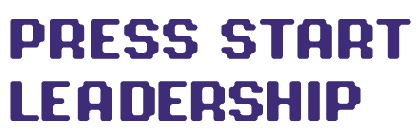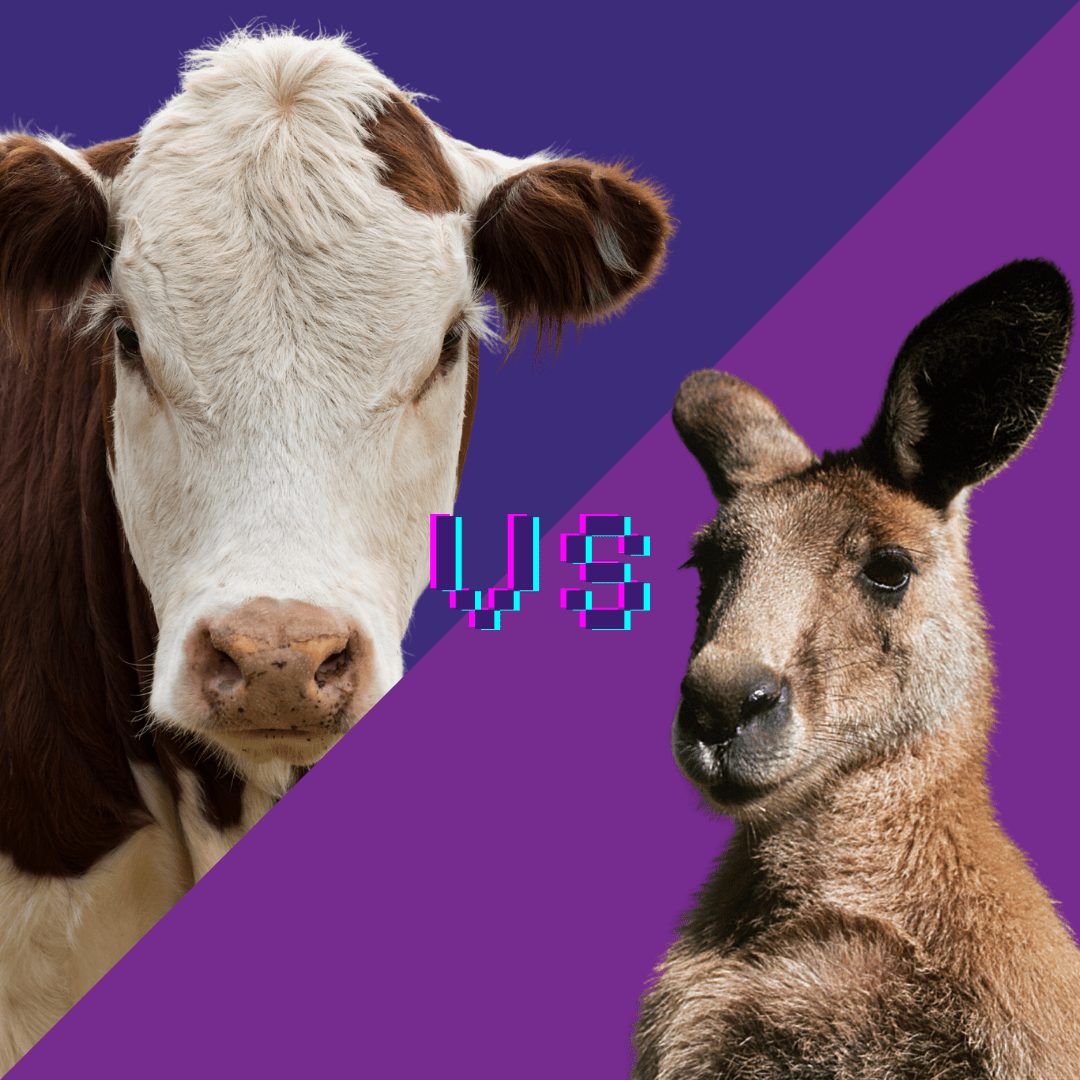Cows vs. Kangaroos
Learning to be Cautious of the Narrative
When I was a kid, my father taught me one of the best lessons of my life. It was about cows.
I lived in New Jersey as a child, and if you ever drove any distance through Jersey, you couldn’t do it without passing several cow farms. Every time we passed these farms, my father would point out the window, excitedly saying, “Look Chris, cows!” I would get excited too, pointing at the black and white creatures, calling them by name. My mom joined in the narrative too, the whole family pointing and exclaiming every time we drove by a farm. This was all well and good, until I got to school and my teacher presented me with the image of a cow, asking, “What’s this?” In my fullest sense of knowing, I proudly stated: “a kangaroo,” expecting to be rewarded with praise. Instead, all the kids laughed, and the teacher reprimanded me for joking around. I was crushed. You see, on those long family drives past the farms, my parents hadn’t actually said, “Look Chris, cows!” They had said, “Look Chris, kangaroos,” and I believed the narrative without ever questioning it.
Over the years we came to laugh about this experience as a family, but in the moment the lesson learned was clear: don’t simply believe what you’re told, even by someone you trust. Take the time to find your own truth and be cautious of the narrative.
Trust, but Verify
Now, I’m not saying you shouldn’t trust people. You should — relationships are built on trust. What I am saying is that you should trust, but verify. Why is it important to verify? The narrative often comes from people in power, which means it can be controlled. Sometimes people speak with authority, but know nothing.
Always Dissect the Narrative
Most people won’t question a story, but it’s important to do spot checks so you know the truth. While I believe most people do their best to be truthful most of the time, the only person you should ever trust 100% is you. This is why you should always dissect the narrative. How, you ask? By being Open to Everything, Attached to Nothing. Not only does this practice help you find the truth, it also helps you find your true self.
“Red Teaming”
I like to dissect the narrative when it comes to big projects and ideas as well. In fact, when it comes to new concepts, features, and business models, I like to use “Red Teaming,” a practice where a team plays devil’s advocate and attempts to poke holes in the truth of an idea. It works especially well for games as a service; cycles can be fast, so this approach helps everybody think things through. While I suggest using Red Teaming sparingly (as using it too often can create an unhealthy environment), it’s great for major projects.
*Remember* It’s generally not a good idea to trust one person’s truth when something large is at stake. You could end up with a cow when you thought you were getting a kangaroo.
I hope my experience with cows vs kangaroos was helpful to you. Let me know if you have your own experiences with cows vs kangaroos and questioning the narrative you have been presented. Be sure to visit my podcast and my YouTube channel!





